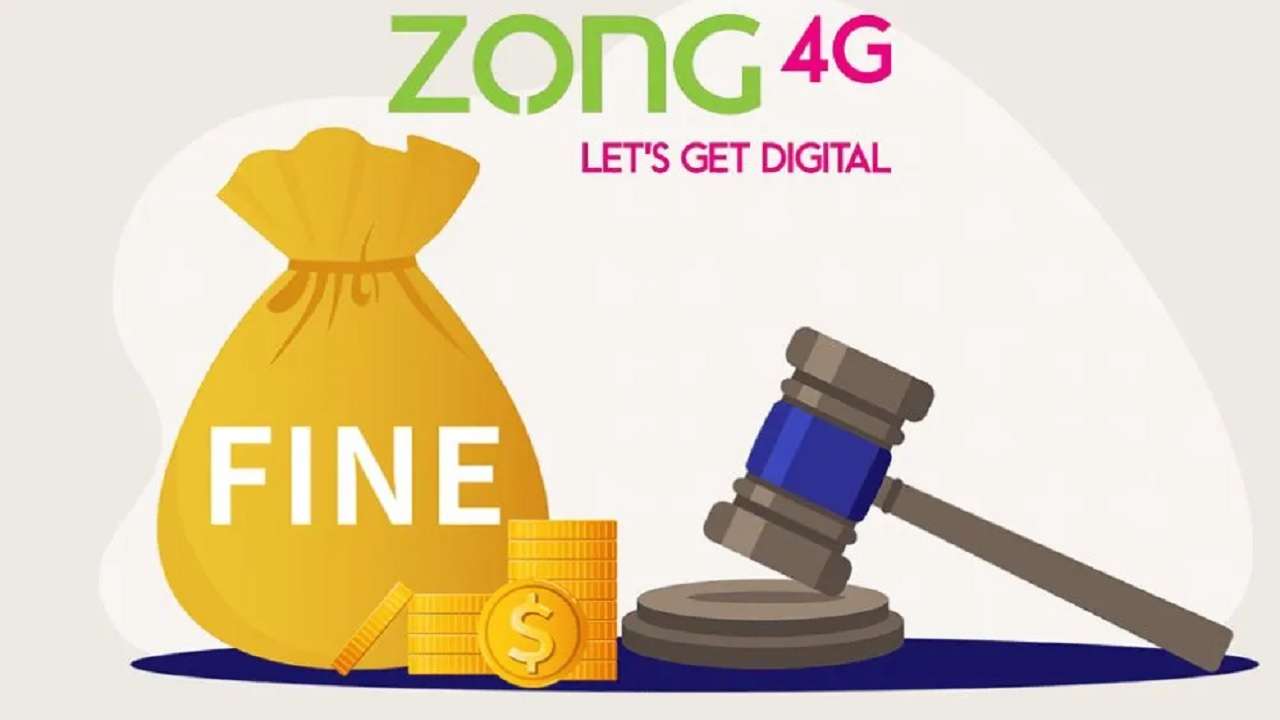Introduction
Internet outages and slowdowns continue to pose significant challenges in Pakistan, raising concerns among opposition leaders, government officials, and stakeholders from various sectors. The recent National Assembly Standing Committee on Information Technology session aimed to address issues, including internet disruptions, VPN regulations, and the much-debated Digital Nation Pakistan Bill. Despite the serious concerns raised by committee members, the session ended without substantial progress or solutions. This article explores the key highlights from the session, the criticisms directed at government policies, and the unresolved issues that continue to impact Pakistan’s internet infrastructure.
Internet Disruptions and Slow Speeds in Pakistan
Internet Outages and Impact on Businesses
The committee meeting primarily focused on the widespread issue of internet outages in Pakistan, with many members blaming the disruptions on actions by intelligence agencies. Opposition Leader Umar Ayub highlighted the severe economic repercussions of these outages, citing that Pakistan suffers from one of the lowest internet speeds globally. Despite commitments from the government to improve these services by October 2024, the country still faces significant challenges in providing reliable internet services to its citizens.
Ayub emphasized that the frequent internet disruptions, including sudden shutdowns, result in million-dollar losses to businesses, especially in the tech and e-commerce sectors. He pointed out the lack of accountability for those responsible for these disruptions and suggested that strict measures be imposed on officials who mislead the committee about the scale and causes of the problem.
Slow Internet Speeds and Global Rankings
Pakistan’s internet performance has been a topic of concern for years. According to Ookla’s global internet speed ranking, Pakistan ranks a dismal 97th out of 200 countries in mobile internet speeds. This poor ranking highlights the nation’s struggle to meet the growing demand for high-speed internet. Despite various promises from the government to improve the internet infrastructure and provide faster services, the slow speeds persist, affecting businesses, education, and the daily lives of millions of Pakistanis.
Opposition Criticisms on Government Actions
Lack of Accountability and Transparency
During the committee session, Opposition Leader Umar Ayub was vocal about the lack of accountability regarding internet disruptions. He raised concerns about the transparency of the processes behind internet shutdowns, suggesting that such measures are often initiated without clear justifications. According to Ayub, these disruptions, including targeted shutdowns during protests or political events, are usually carried out without proper oversight, impacting both economic activities and public services.
Ayub also voiced his concerns over the lack of transparency from the government regarding the reasons behind the slow internet speeds. He stressed the importance of a thorough investigation to identify the root causes and hold the responsible authorities accountable.
VPN Restrictions and Overregulation
Ayub further criticized the government’s stance on VPN (Virtual Private Network) usage, calling for a balanced approach in regulating VPNs. VPNs are often used by individuals and businesses to bypass geo-restrictions, secure their internet connections, and protect sensitive data. However, there have been growing concerns about the government’s increasing restrictions on VPN usage, which Ayub believes can hinder digital freedom and innovation.
PPP Leader Sharmila Farooqi also expressed her concerns regarding the lack of solutions in the committee’s discussions. Farooqi pointed out that internet slowdowns severely affect Pakistan’s growing e-commerce sector. Many businesses rely on the internet for day-to-day operations, and any disruptions can lead to losses, decreased productivity, and decreased consumer trust.
PTA’s Defense of Internet Shutdowns
Regulator’s Stance on Internet Shutdowns
The Chairman of the Pakistan Telecommunication Authority (PTA) defended the actions of the regulator, emphasizing that internet shutdowns occur only under orders from the federal government, Ministry of Interior, or courts. The PTA chairman explained that the regulator does not have the authority to initiate such disruptions independently but must comply with orders from these higher authorities.
Regarding Pakistan’s internet infrastructure, the PTA Chairman provided insights into the country’s submarine cable situation. He mentioned that Pakistan has seven submarine cables, out of which only four were operational as of August 2024. The delay in repairing one of the cables for over five months further exacerbates internet service issues. The PTA Chairman stressed that the responsibility for improving submarine cable infrastructure lies with the government, not the PTA.
Limited Investment in Infrastructure
One of the key points made during the session was the lack of investment in the country’s internet infrastructure. Despite the growing demand for better internet services, the government has not invested adequately in upgrading and expanding the infrastructure required to support high-speed internet. The PTA Chairman suggested that the government must take proactive steps to address the existing gaps and encourage private investment in telecom infrastructure.
Solutions and Proposals
Digital Nation Pakistan Bill
The committee’s discussions also included the much-awaited Digital Nation Pakistan Bill, which aims to regulate the digital economy, improve IT infrastructure, and promote digital innovation. However, the bill was once again postponed, with the Chairman announcing that further discussions on the bill would be held in the next session. The delay in finalizing the bill has raised concerns about the government’s commitment to digital transformation in Pakistan.
Collaboration Between Stakeholders
Committee members emphasized the need for greater collaboration between all stakeholders, including the government, PTA, CMOs (Cellular Mobile Operators), and businesses. By working together, these stakeholders can develop a comprehensive strategy to improve internet infrastructure, regulate VPN usage without stifling innovation, and enhance overall service quality. It is essential that all parties involved understand the importance of providing reliable, fast internet services to citizens and businesses to ensure Pakistan’s competitiveness in the global digital economy.
Balanced VPN Regulations
One of the proposals discussed was the need for balanced VPN regulations. The committee members agreed that while security concerns regarding VPN usage are valid, blanket bans on VPNs could harm Pakistan’s digital ecosystem. Instead, they suggested implementing targeted regulations that allow businesses and individuals to use VPNs for legitimate purposes while preventing misuse.
Conclusion
Pakistan’s internet issues are not just about slow speeds or occasional disruptions—they reflect deeper structural challenges within the telecom sector and government policies. Despite the PTA’s defense of its actions, the reality is that Pakistan’s internet services remain far behind international standards, affecting everything from business operations to the overall digital experience for millions of Pakistanis.
To resolve these issues, it is crucial that the government prioritize investments in digital infrastructure, enforce stricter accountability measures, and collaborate with all stakeholders to improve the internet ecosystem. The Digital Nation Pakistan Bill, once finalized, could serve as a crucial step in transforming Pakistan into a digital hub in the region.
Frequently Asked Questions (FAQs)
1. Why does Pakistan have such slow internet speeds?
Pakistan’s slow internet speeds are primarily due to outdated infrastructure, limited investment in network upgrades, and challenges with submarine cable connectivity.
2. What are the causes of internet shutdowns in Pakistan?
Internet shutdowns in Pakistan typically occur due to orders from the federal government, courts, or the Ministry of Interior, often during political events or security concerns.
3. How do internet outages affect businesses in Pakistan?
Frequent internet outages disrupt business operations, particularly in sectors like e-commerce and technology, leading to financial losses and decreased productivity.
4. What is the Digital Nation Pakistan Bill?
The Digital Nation Pakistan Bill aims to regulate Pakistan’s digital economy, improve IT infrastructure, and promote digital innovation, though it has faced delays in implementation.
5. Are VPNs illegal in Pakistan?
VPNs are not illegal in Pakistan, but there are increasing regulatory restrictions, with the government seeking to control VPN usage for security reasons while balancing digital freedom.
ALSO READ
https://flarenews.pk/2025/01/02/internet-slowdown-in-pakistan-cmos-vs-government-policies/



